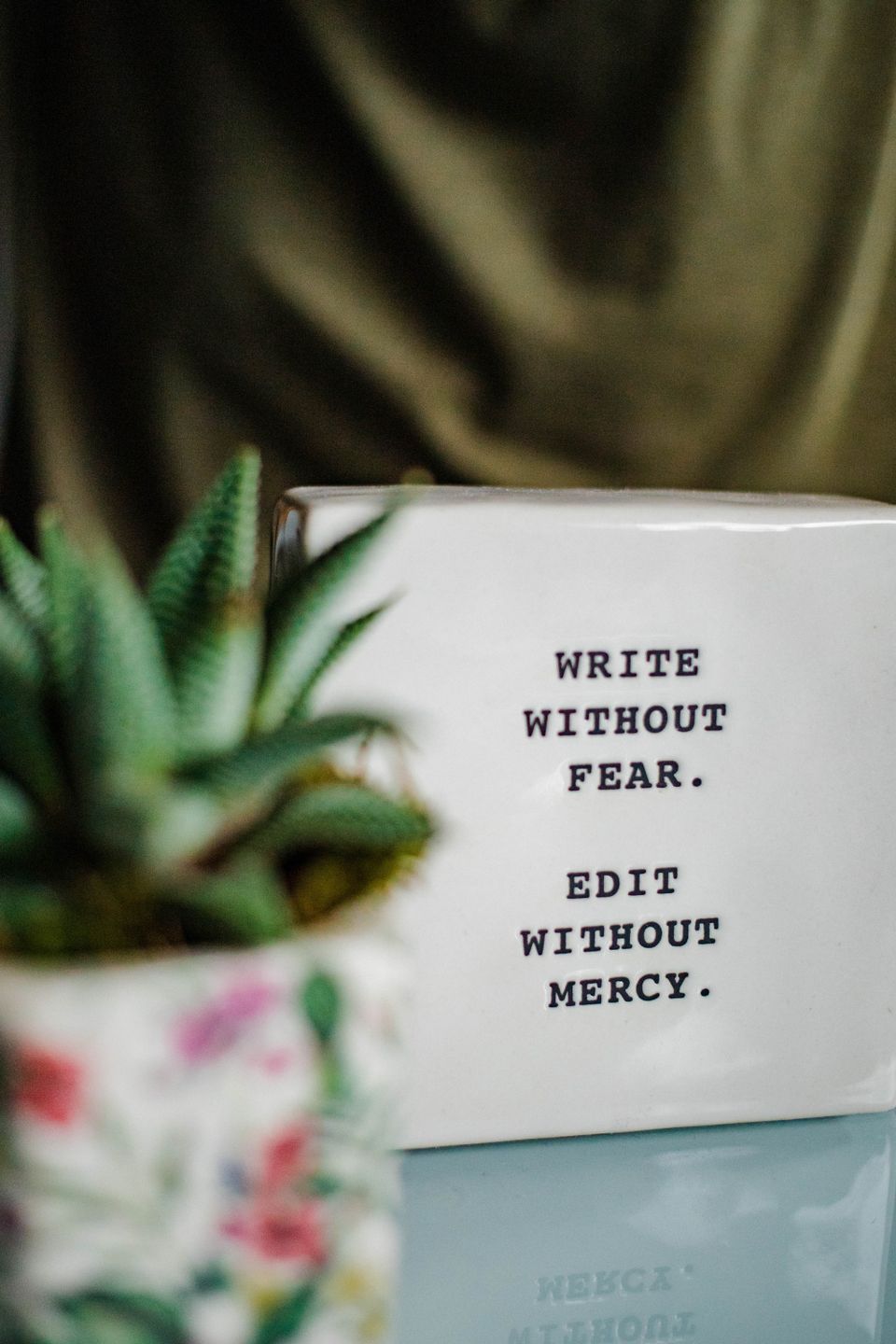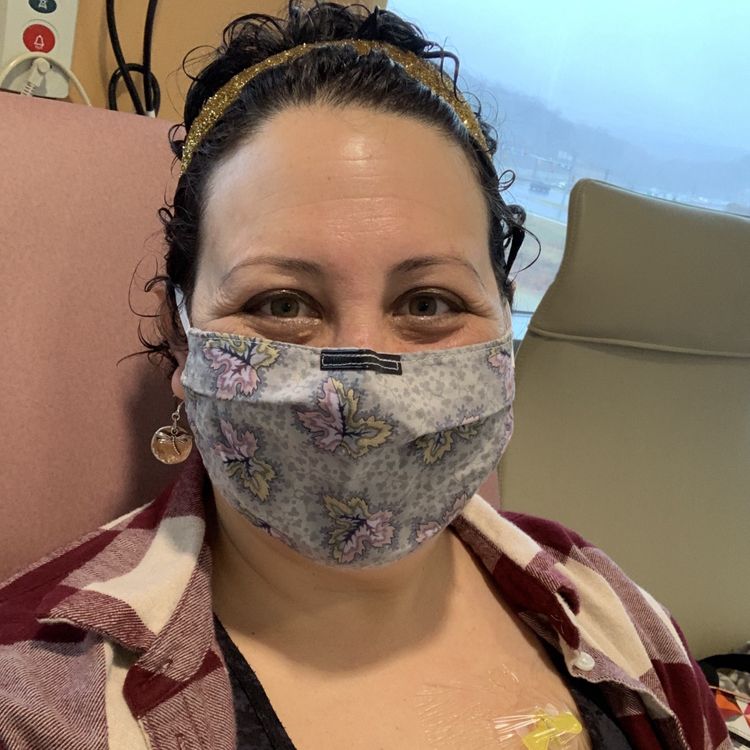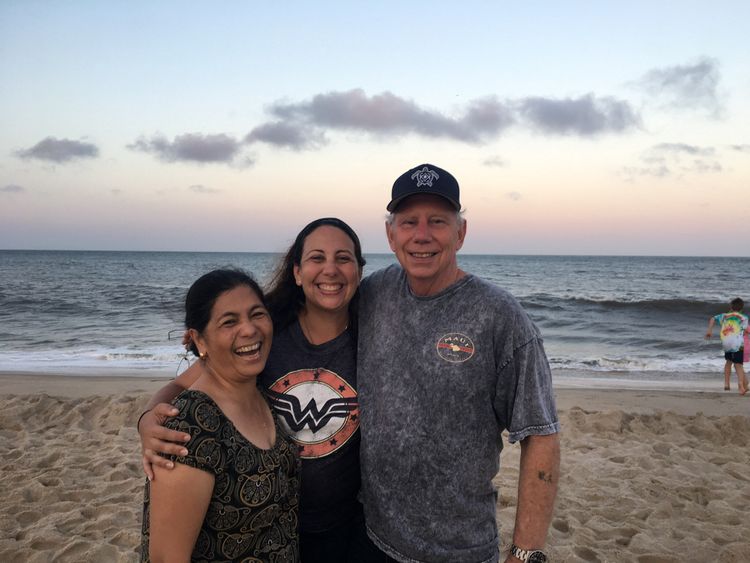NanoWriMo 2020

Notes, musings, and advice from a second year participant

I learned about National Novel Writing Month (affectionately known as Nanowrimo) several years ago from a friend who participated. I followed her progress and was completely intrigued and lurked around every November on the Nanowrimo groups trying to figure it out. Do people really spend all of November writing the next great American Novel? Yes, yes they do. Why? Is it even worth it?
So here I am, years later and giving it a go. Last year, I was taking an advanced creating writing class and one of my classmates suggested that we all participate to help us with the 15–30 page manuscript were writing for our class. I figured that since I was already obligated to write a short story or several chapters of a longer novel, I might as well do it. It was great, I used the word sprints and motivation from the Nanowrimo website to get moving. I happen to like goals and challenges and to know that I had to write 1,667 words a day fit both of those criteria.
So What is National Novel Writing Month?
National Novel Writing Month began in 1999 by Christ Baty in the San Francisco Bay Area. In the beginning there were 21 participants. Twenty-one years later there are more than 798, 162 participants from all over. The goal is to write 50,000 words between November 1st through November 30th. It’s a free annual event where aspiring novelists use this time to write an average of 1,667 words day to meet their goal. If writers can write 50,000 within the month of November, they are declared winners after their words have been uploaded and verified.
Last year, I only wrote about 20,000 between two stories. I didn’t make the cut off. And to be honest, I was intimidated and psyched myself out. It can be a daunting task. I found it was very difficult to work on two separate stories, but when my brain couldn’t write any more on the first story, I would toggle to the other one. So, while I didn’t meet my goal of finishing 50,000 words on one story, I did a lot of writing that gave me something presentable to turn in for my class assignments. (I got an A in the class, in case you are wondering).
This year I have an idea of what to expect and there is no pressure from anyone but yourself. They give you a place to write down the number of words written in a given day. You can also share how long you wrote and your mood. Since math is not my strong suit, yesterday I miscalculated and finished my word count at 1,637 a measly 30 words from my intended goal. I didn’t have it in me to jump back on to make up those words, so I’ll do that later today when I write my next block of 1,667 words or more!
Plotter or Panster?
One question that continues to pop up is: Are you a plotter or pantster? A plotter is exactly what you expect. It is someone who takes the time to outline and make notes. It is someone who has already determined setting, characters, plot, theme and knows where they are going with their story. The Pantser is defined as someone who flies by the seat of his pants and writes whatever comes to mind. There might be a few notes, but most of it is unknown and the characters take on a life of their own.
In my personal life I am very much a plotter. I like to know what’s next. I’m a list maker, a goal-setter, a checklist kind of gal. I love crossing off my list like I’ve truly accomplished something. I might even give myself a sticker. It’s the little things in life. The not knowing in life gives me mild anxiety. As I am sure I have undiagnosed ADHD the list making helps me to keep on track. Just this morning I sat down to write my writing goals for the month and my own expectations. And then I spent the two hours waffling between three different writing projects and then when I decided on one of them, I did some research and took notes. Five hours later, I’m finally sitting down and writing something and I’m wondering if I’ll have time today to meet my 1,697-word goal for Nanowrimo today. There’s a good chance I’ll be up late tonight finishing up a couple of things. Thank goodness there’s no school for my kids tomorrow. I’ll let them sleep in while I work on my writing assignments, or so I’ll tell myself. My 6 year old thwarts my plans every single day and wakes up earlier than I do.
While I’m a plotter in my personal life, I am very much a panster in my writing life. Or maybe I’m a planster. I have a brain dump list of possible article titles that I keep in a folder on my laptop. I have an idea of what I want to write about, but 9 times out of 10 whatever I planned to write goes out the window and a completely different idea crops up and I go with it. This is one area where I don’t try to regulate my ideas or follow a strict structure. I write what I write and go with it. It’s not until I’m finished vomiting up all the ideas and sentences that I go back and edit and then formulate it into a coherent piece of work. It’s just how I roll.
You do you. However you write is the best way to write. Me? I just write and see where it takes me. Diana Gabaldon, author of the Outlander series, describes how she crafts a sentence. If you get a chance, definitely watch it. She talks about how she writes on a cold day, a day where she has no idea how or what to write. She takes you through her process. If you need a little inspiration, check out her explanation here.
Some notable plotters are J.K. Rowling, John Grisham, and Dan Brown.
Some notable Pansters are Stephen King, Margaret Atwood, and George R.R. Martin (my husband is still waiting for the rest of the Game of Thrones saga).
Take a look at what kind of books you enjoy and who writes them. What is your writing style? Are you a plotter or panster? Or are you a mix of both, a planster?
If you decide you are a plotter, then you might want to use October as a time to plot out your idea. If it’s already November, plot and then write like mad.
Need Some Help?
Make a daily word goal: One way to keep on track is to write a daily word goal. Even if you don’t know what you are going to write, have some idea of how much you want to or need to write for that day. I am taking Thanksgiving Eve and Thanksgiving Day off from writing. I tend to type quickly and when I’m inspired I can get a lot of words written quickly and knock out my goal in an hour or two. On those days where I’ve got nothing I might eke out a couple hundred words. If there are days you can write more, do it and bank those extra words to make your goal. A calendar can help you visualize those word goals.
Set aside a designated space: Do as I say and not as I do. We’re in the middle of a pandemic and I have four children who are home full-time with their distance learning and a husband who has been working from home since March. Space is at a premium as I have each them in different parts of the house. I need to stay close to my kindergartner for any help she may need for school. After a month of distance learning I’ve been able to move from the couch to the kitchen table to create a little space between us and to encourage her independence. I’m still within sight. Nonetheless, while not ideal because of all the foot traffic, the kitchen is my work space and I’m constantly have to readjust and pack up to accommodate meal times.
Create a designated time to write: This might be before work, after work, in the late hours after the kids are in bed, but try to find a consistent and designated time to write. Stephen King writes in his book On Writing “Your schedule, in and about when your thousand words are on paper or disk — exists in order to habituate yourself.” He further explains that if you are in the same place at the same time everyday your muse will find you. You make it a lot harder to find your muse when you change when and where you write.
Take Breaks: Lauren Graham suggests in her book Talking as Fast I Can: From Gilmore Girls to Gilmore Girls that you should give yourself a designated amount of time. You decide. You set the timer and you just go for it. You write uninterrupted during that amount of time. When you are done, decide if you can write longer. I write in 15–20 minute increments and then I get up to get a drink of water, have a snack, do a couple of stretches, or read an article on Medium. I’ve yet to be able to write for 30 minutes at a time because of the aforementioned four children. There’s rarely a time I can sit down and write without one of them asking me a question or needing assistance. I’ve learned to multitask and they’ve learned a lot about independence, but I’d also like to continuing to foster a relationship with each of them, so I should probably be available every so often.
Find a Community: Nanowrimo encourages writing communities. In communities would create a write-in by meeting at a predetermined location and time and writers would meet and write. I’ve always been too shy to venture into such a community, but now that I write more often and I have more confidence, I welcome such chances to meet and speak with other writers. Now with the pandemic, meeting in person is pretty impossible but there are other ways to connect via social media.
Along the same vein of finding a community, you should also Get a Buddy. If nothing else, you can talk about your novel, ask questions, get feedback, or get some motivation. Yesterday, I connected with a former classmate and asked to be buddies. It’s still early on in my Nanowrimo 2020 journey, but I know that if I need a bit of encouragement, she’ll be right there, virtually. And same goes for me. It’s nice to have a personal cheerleader in your corner.
Who Keeps Count? You do. Last year it was the honor system and there was no way to upload our story for word verifications. Most writers appreciate accomplishing their goal of writing their story. They don’t want to lie about it because who are you really lying to? You are lying to yourself. I think this year there will be a way to upload the story, I’ll find out when I hit those 50, 000 words.
What if I write garbage?Who cares and that’s what edits are for. A huge part of the writing process is getting your words on paper. Do that and then take a break form that novel so you can go back to it with fresh eyes.
“Now What” Months
January and February are considered the Now What months. It’s a time to back to that novel and give it a read through. Stephen King suggests taking 6 weeks away from your finished work before looking at it again. He suggests taking a break from writing and then work on something completely different. After 6 weeks, go back at the original piece and look at it critically. January and February are perfect for that. You might have written garbage and need to change things dramatically, but you will have a better idea of where you want to go with your story. Use that time to grow.
Does Anyone get Published?
Does anyone actually get published with a traditional publisher? Actually since 2006 there have been 400 Nanowrimo writers who have been published via traditional publishing house and there have been over 200 novels that have been published with smaller or presses or self-published. So yes, people have been published. The odds are pretty small, but if you are looking for a little inspiration the following notable books have come out of Nanowrimo:
- Water for Elephants by Sara Gruen
- Cinder by Marissa Meyer
- Fangirl by Rainbow Rowell (Rainbow Rowell is a personal favorite. If you’ve never read Eleanor & Park, read it!)
Is it Worth it?
That can only be answered by you. It depends on your goal and what you want out of this experience. For me, it means devoting specific time to my writing and to a specific project. This will be for a longer project than a few thousand word essay.
What do I Win?
There’s no grand prize except for the feeling of accomplishment and for many that’s enough. You will also have the makings of a novel. There are also perks to finishing and winning Nanowrimo. There are usually deep discounts to various writing tools given to finishers. There are also general discounts, but if you can stick it out and finish 50,000 words, you’ll get more savings.
Being the Rebel
So it’s actually called National Novel Writing Month and if you think you are writing a novel, they do, too. I am being a rebel and writing a nonfiction memoir. Not exactly a novel, but I’m taking this opportunity to give myself a dedicated time and space to this project that has been percolating for the last eight months. What better time than during National Novel Writing Month?
Whatever you choose to do, have fun with it. It’s only day two so you have plenty of time to catch up and get words down on paper. I look forwarded to reading your published work! Good luck and write on!
For more information, check out these links:
https://en.wikipedia.org/wiki/National_Novel_Writing_Month
https://en.wikipedia.org/wiki/National_Novel_Writing_Month#Published_NaNoWriMo_novels



